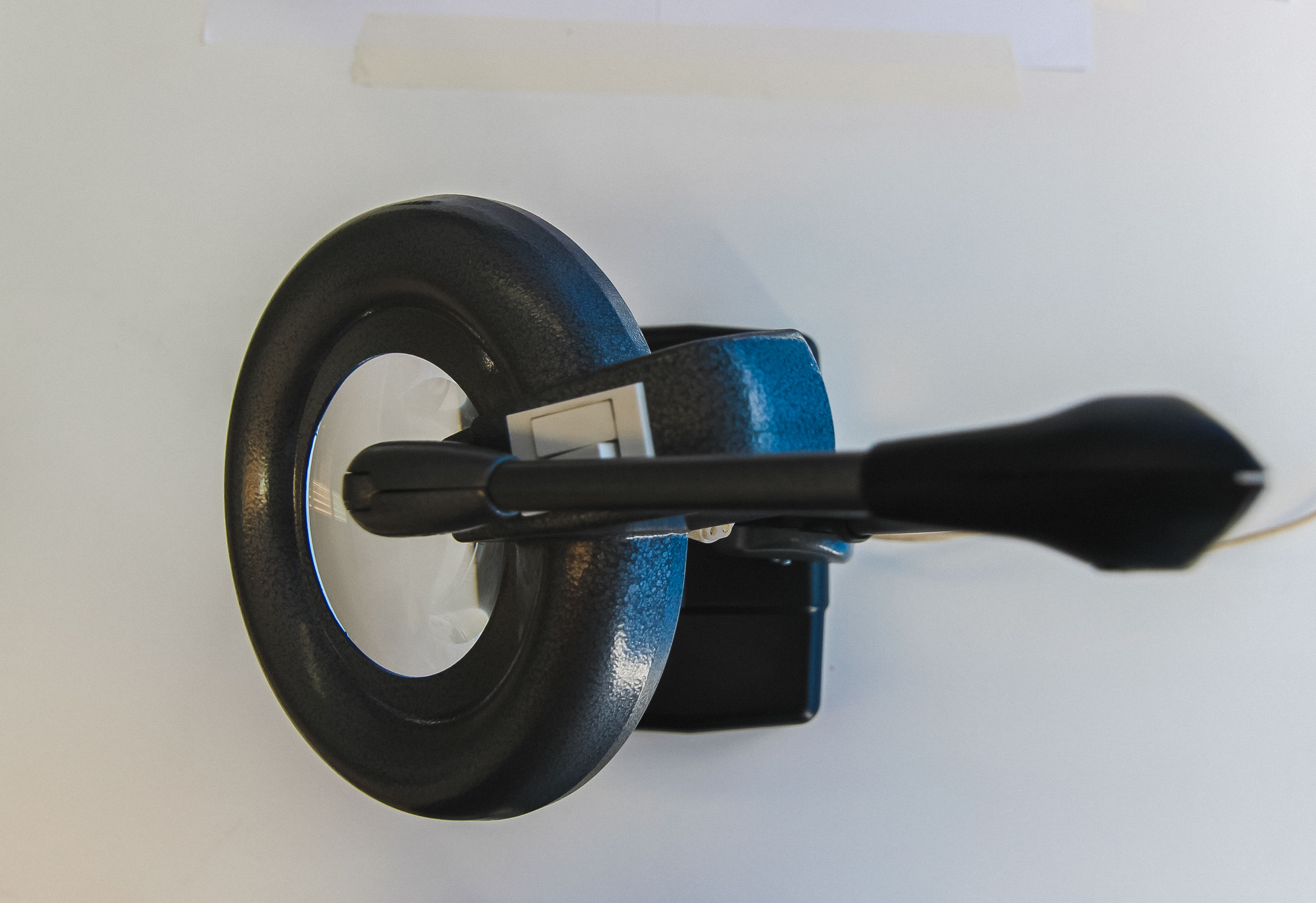

Liang recommends that junior lawyers make plans with families and friends and surround themselves with people who will understand when something comes up. But if you can step back and observe the wave of activities that come and go throughout a month or couple of months, you can take in the ‘forest’ and find more balance.” I try to ask, ‘how can I ease the situation so it becomes easier for everyone involved.’”Įarly on, Liang received two valuable insights into the enigma of work-life balance in Big Law: “It can be pretty impossible to strive for ‘work-life balance’ on a daily basis, so if you focus on balance in the ‘tree’ of a day, it can feel like a fight. That’s how I try to approach difficult moments. “So if the stress is coming from me, then I have the ability to change it. It could be stressful to me, but interesting or fun to somebody else,” she observes. But Liang draws on her work as a meditation and yoga instructor: “The person in front of me and the request is not by definition stressful.

When an urgent request comes in the night before an early meeting, it’s easy to stress. “I’m glad I kept an open mind to try out this practice, I never would have known how well-suited it was for me if I hadn’t.” How You Approach The Moment Is the Practiceīeing patient, flexible and quick on her feet has served Liang well, but her ability to approach a situation and respond adeptly is her core practice. Relative to her peers in other practices, Liang found she was not just reviewing and proofreading documents as a junior associate, but actually providing substantive legal advice and engaging directly with clients. It was only when Liang found herself teaching summer associates that she realized how quickly she had grown and how much she enjoyed the work. “My work was very tough in the beginning as a first-year associate, because there were nothing from which I could draw on from my law school studies. “At that time, I thought, I have no idea what this is, this is so specialized, I just want to do M&A,” confesses Liang. During her summer associate program at Shearman & Sterling in New York, where she rotated through the firm’s M&A and litigation practice groups, she received an offer to join the compensation and governance group. After working for a year as a legal intern in Beijing, China and another year as a legal assistant in Toronto, Canada, she headed to the University of Texas School of Law. She took her mother’s insightful advice to work as a paralegal before investing in law school.

Having specialized in European history in her undergraduate studies at the University of Toronto, Liang became interested in legal history while studying in Europe. She never would have seen herself in law, let alone as a specialist in compensation and governance – yet there are advantages to unforeseen changes. “Keep an open mind,” Liang advises law students. Liang speaks about staying open-minded, building your confidence, using your voice and showing up to the moment. Approaching things with a loving attitude will make things easier for you.” “Being a good lawyer, a good colleague, a good mother, a good partner, a good daughter – it all starts with being a loving person. “The truth is, if I can be loving and patient, and approach whatever comes my way with compassion, everything will fall into place,” says Jingjing (JJ) Liang.


 0 kommentar(er)
0 kommentar(er)
